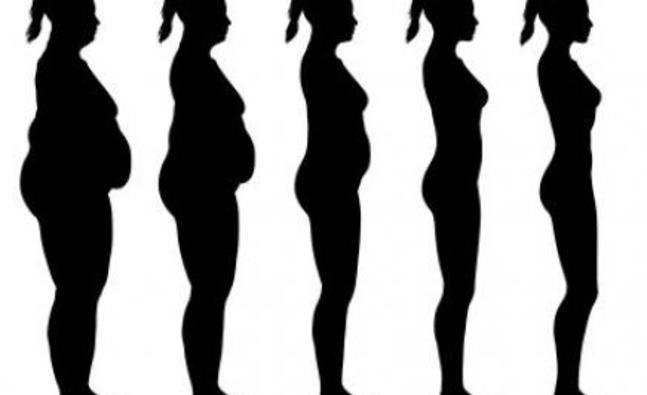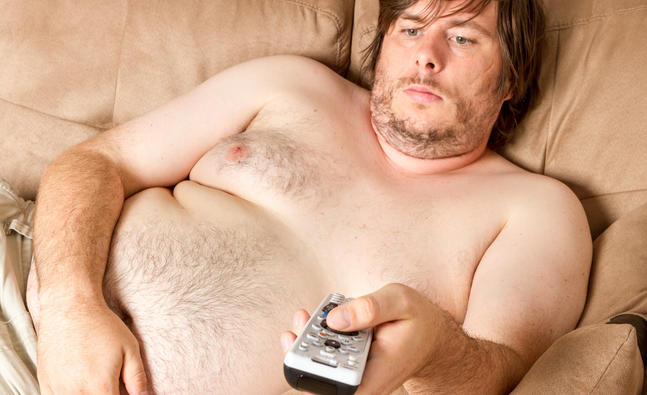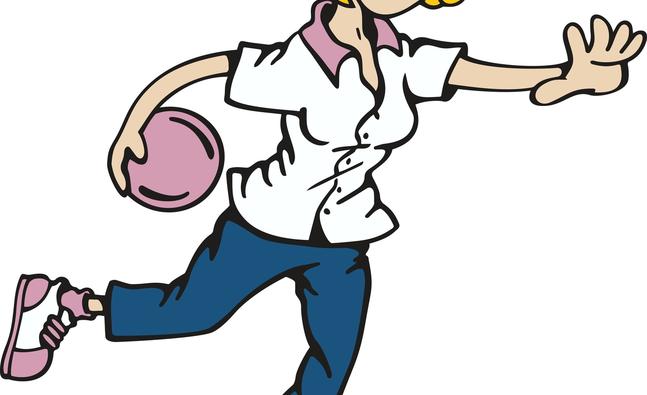Food phobic or food addict?

Have you ever wondered why one person becomes anorexic whilst another obese?
A new study from the US reveals that reward circuits in the brain are sensitised in anorexic women and desensitised in obese women. The findings also suggest that eating behaviour is related to the brain chemical dopamine and its association with addictive behaviour. According to the study those who have a tendency to overeat may have significantly lower dopamine activity in their brain than those who starve themselves due to anorexia. Ultimately these findings may help in providing better treatment for those individuals with eating disorders.
Dopamine plays an important role in the part of the brain responsible for reward-driven learning. In this latest US study, researchers used functional magnetic resonance imaging to examine brain activity in sixty three women who were either anorexic or obese. Scientists then compared them to women considered "normal" weight. The participants were visually conditioned to associate certain shapes with either a sweet or a non-sweet solution and then received the taste solutions either expected or unexpectedly, to determine dopamine function.
The authors found an over-activity of dopamine in the anorexic patients and diminished activation or dopamine in obese individuals. People with anorexia nervosa don't seek or respond to the kinds of comforts and pleasures most of us enjoy, including food. They may be in extreme self denial yet they can be very energetic and productive, likely due to alterations in their dopamine system. Conversely those suffering from food addiction tend to overeat in an effort to compensate for a dopamine or "reward" deficit. Basically, they need more in order to get the high.
While this latest study into eating disorders makes it clear that in humans the brain's reward system helps to regulate food intake, the specific role of these networks in eating disorders such as anorexia nervosa and, conversely, obesity, still remains unclear for now. Scientists agree that more research is needed in this area.
If you or a loved one are suffering from an eating disorder, it is vital to seek professional and medical help.
-
Weight-Loss Success Story: Im Comfortable In My Skin
Before: 296 pounds After: 165 pounds The Lifestyle Working as a trave
-
Should You Keep—or Toss—Your SKINNY Clothes?
We all have them: the jeans you havent worn since that skinny phase in
-
Avoid mayonnaise and avoid weight gain
-
Are diet drinks making you fat?
-
10 FRUITS THAT CAN HELP YOU LOSE WEIGHT
10 Fruits that can help you lose weight Losing weight doesn’t
-
Cinnamon can affect weight loss
- DON'T MISS
- 50 Ways Greek Yogurt Can Help You Lose Weight
- Tons of Weight-Loss Ads Show Fake Before/After Photos: Report
- How to Make Healthy and Scrumptious Homemade Pizza
- Some Bad News About Those Easy One-Bowl Meals
- 5 Diet and exercise tips to help you lose weight for good!
- Why It’s So Damn Hard to Eat Healthy on Mondays
- 10 GOLDEN RULES OF EFFECTIVE WEIGHT LOSS YOU NEED TO KNOW ABOUT
- How To Lose Weight With White Pumpkin Juice?
- 4 Ways to Use Your Fitness Tracker for the BEST Weight-Loss Results
- Patterns of weight loss




